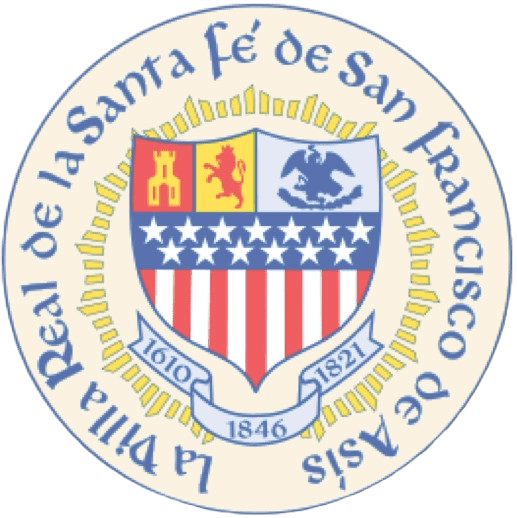Office of Affordable Housing
Contact Affordable Housing
Mailing Address
Attn. Affordable Housing
P.O. Box 909
Santa Fe, NM 87504-0909
General Inquiries
contactoah@santafenm.gov
Faviola Chavez
Director
fachavez@santafenm.gov
Roberta Catanach
Project Administrator
rlcatanach@santafenm.gov
The City of Santa Fe’s Office of Affordable Housing has released two Requests for Proposals (RFPs) to support organizations focused on building, preserving, and rehabilitating affordable housing, as well as providing direct financial assistance to community members. Funding is available through the Community Development Block Grant (CDBG) and the Affordable Housing Trust Fund (AHTF).
Now Live: Affordable Housing Trust Fund (AHTF) Request for Proposals (RFP)
The updated Affordable Housing Trust Fund (AHTF) Request for Proposals is now available.
This RFP is grounded in the City’s commitment to addressing Santa Fe’s affordable housing needs, as outlined in the Affordable Housing Trust Fund Ordinance. The updated structure reflects the City’s purpose in using public funds to expand access to safe, stable, and affordable housing. Revisions to the RFP incorporate community feedback with the goal of creating a clearer, transparent process that supports equitable outcomes and advances long-term housing affordability.
- Application Deadline: August 1, 2025, at 3:00 PM MT
- RFP Document: RFP 26006 AHTF Final 7.10.25
- Access and Apply: MUNIS Self-Service Portal
Note: You do not need to be a registered vendor to view the RFP.
Community Development Block Grant (CDBG) RFP #25102
Applications are now closed.
The purpose of the Request for Proposals (RFP) is to solicit sealed proposals to establish contracts through competitive negotiations for housing, public facilities, and public services projects that are eligible for Community Development Block Grant (CDBG) funds. The objective of the City’s use of these funds is to support and expand housing and economic opportunities for people with incomes less than 80% of the area median income (AMI) as defined by the Department of Housing and Urban Development (HUD).
All CDBG applicants are required to register for the SAM (System of Award Management). Click here to register. Please note that SAM.Gov now issues a Unique Entity Identifier (UEI) that has replaced the DUNS Number that was previously used.
Eligible Projects
- Acquisition of real property
- Rehabilitation of residential and non-residential structures
- Provision of public facilities and improvements (water and sewer facilities, streets, neighborhood centers, etc.)
- Mortgage principal reduction assistance towards the purchase of a home
- Payment for public services with certain limits
Click here to view Frequently Asked Questions for #25102 (AHTF).
Click here to view Frequently Asked Questions for #25103 (CDBG).
